Indonesia won't normalize with Israel because Indonesians won’t allow that
By Dina Y. Sulaeman
In the last few days, Israeli media has been reporting about Indonesia mulling normalization of relations with the Tel Aviv regime to fulfill the requirements for accession to The Organization for Economic Cooperation and Development (OECD), a neoliberal market-based alliance countries.
The news circulated at a dizzying pace on social media platforms and triggered a wide array of reactions from netizens worldwide, including in Indonesia. It wasn’t something they were expecting.
Indonesian foreign ministry was quick to deny the reports in a midnight statement, saying no such plan was in offing. "I affirm that, as of now, there are no plans to establish diplomatic relations with Israel, particularly given Israel's actions in Gaza,” the ministry spokesperson Lalu Muhamad Iqbal said.
Most people in Indonesia, I can vouch for, reject and condemn any plan that leads to the normalization of ties between the two sides or Jakarta’s recognition of the apartheid colonial entity.
Several notes can be taken from this frenzy. First, the behavior of the Israeli media, citing anonymous sources, to report on Indonesia's plans to normalize relations with Israel. It has happened several times in the last few years.
Indonesian foreign ministry has always denied such reports. It again denied it and then it was as if there was nothing more. There was no apology from the Israeli media, nor was there any criticism of the Israeli media from the Indonesian side.
This time, the news about Indonesia’s so-called normalization coincided with simmering regional tensions in the wake of Iran's vow to retaliate against the Israeli bombing of its consulate in Damascus.
Bombing a country's diplomatic mission is a fatal violation of international law and can be equated with bombing the country's territory. From this perspective, Iran has every right to retaliate.
So, the situation turned extremely difficult for Israel. Many countries issued travel advisories for the occupied territories while Israeli regime officials frantically tried to get Iran to "not escalate."
The unspecified timing of Iran's retaliation has caused psychological torture for the Israeli regime and settlers. In conditions like these, rumors regarding Indonesia-Israel normalization appear to have been deliberately circulated by the Zionist media to reduce tensions and divert world public opinion.
The second point is that Indonesia's support for Palestine is deep-rooted. This support predates Indonesia's independence, so it cannot be shaken so easily by the Zionist propagandists.
In 1934, when the Palestinians fought against the British (at that time, Indonesia was still colonized by the Dutch), the clergy in Indonesia collected donations from the people to help Palestine.
It is also recorded in history that a rich Palestinian businessman, Muhammad Ali Taher, in 1944 donated a large amount of money to the struggle for Indonesian independence.
In history lessons at schools, our teachers often repeated the phrase: "Palestine was the first to recognize Indonesia's independence."
What it actually meant is that after the proclamation of Indonesian independence on August 17, 1945, the Indonesian diplomat, M. Zein Hassan, came to Egypt to promote recognition of that independence.
In order to support Hassan's efforts, a number of resistance figures in the Arab world based in Cairo founded Lajnatud Difa'i 'an Indonesia on October 16, 1945, including General Saleh Harb Pasha, Secretary General of the Arab League and Abdul Rahman Azzam Pasha, Chairman of the Palestine Committee.
The recommendation from the Lajnah was a resolution to support the Republic of Indonesia and an appeal to all countries, especially Arab and Islamic countries, to recognize the new republic.
After that, almost all the Arab countries recognized the Republic of Indonesia one by one.
Apart from that, Indonesia initiated and hosted the Asia-Africa Conference from 18 to April 24, 1955, the first conference of formerly colonized countries in the world whose main spirit was to liberate all the colonized people on earth.
Support for Palestinian independence was one of the dominant issues at this conference. Indonesia has a historical burden to maintain that spirit and fulfill its promise of independence for Palestine.
The third point is, it needs to be acknowledged that there are indeed parties in Indonesia, both politicians and prominent figures, who are secretly establishing personal relations with Israel.
Indonesia's decision to submit a membership application to the OECD, an organization controlled by Western capitalist countries, instead of joining a new economic power that is far more promising for shared prosperity, namely BRICS, shows the dominance of the West in Indonesia's economic posture.
Membership in the OECD requires the consent of all members, including Israel. It is very possible that there are figures behind the scenes who are trying to normalize Indonesia-Israel for their interests, especially business interests.
However, they never expressed their intentions openly because it would be tantamount to political suicide. No politician in Indonesia would dare to commit suicide at this time when public sentiment is very strong in supporting Palestine and against Israel's genocidal crimes in Gaza.
Thus, it can be concluded that the rumors of normalization were Israeli propaganda that took advantage of the tendencies of a few parties behind the scenes but which immediately hit a wall of failure.
The Indonesian people will not allow that normalization to happen as Indonesia's first president, Sukarno, stated: "As long as the independence of the Palestinian people has not been handed over to the Palestinian people, the Indonesian people will always stand up to challenge Israeli colonialism."
Dina Y. Sulaeman is an assistant professor at the International Relations Department, Universitas Padjadjaran, Indonesia.
(The views expressed in this article do not necessarily reflect those of Press TV.)
EU Parliament halts US trade deal after Trump tariff threat
VIDEO | An unchecked presidency
VIDEO | Deportations strain Afghanistan’s fragile economy
‘Full-scale atrocity’: Iran security body reports 2,427 martyrs in US-Israeli-led riots
Smallest coffins are the heaviest: The three youngest victims of foreign-backed riots in Iran
Hamas warns of ‘systematic Israeli violations’ as Gaza ceasefire teeters
Israeli strikes kill 11 across Gaza, including children and journalists: Palestinian medics
US forces transferring Daesh prisoners from Syria to Iraq: CENTCOM


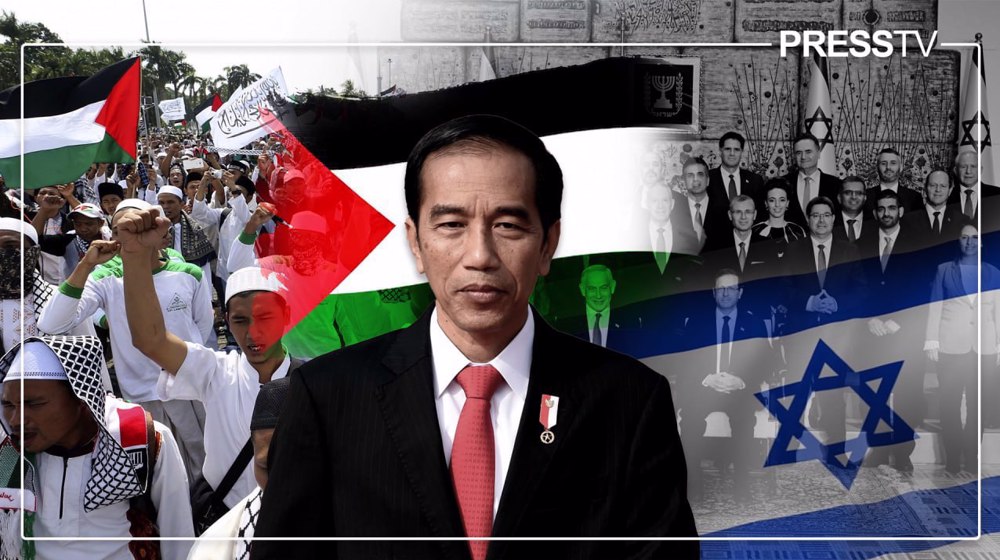

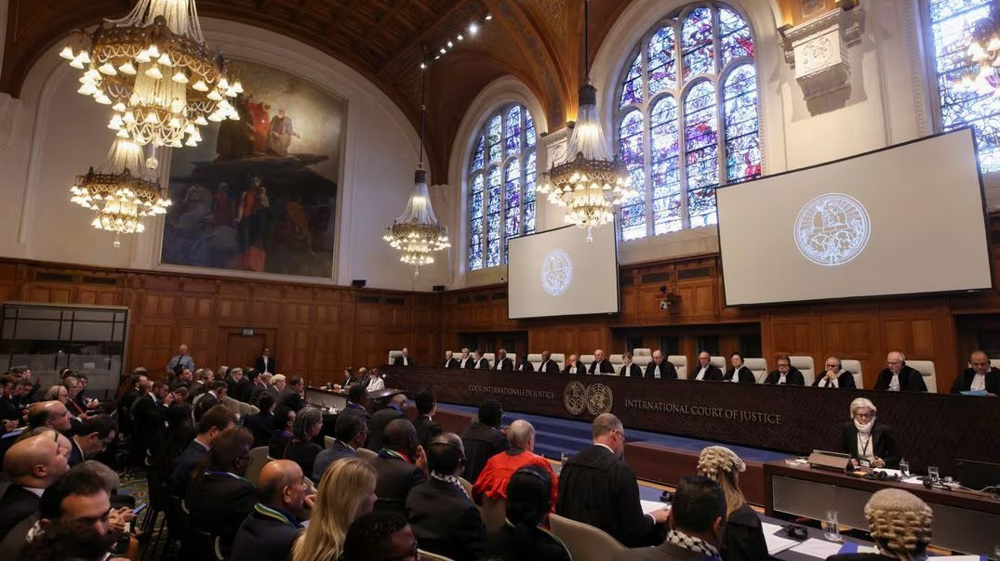

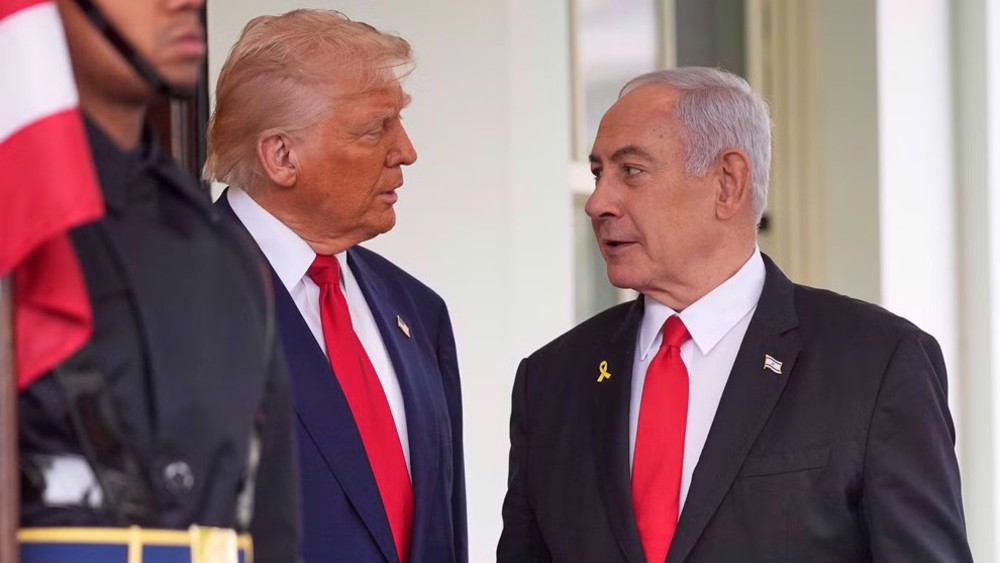







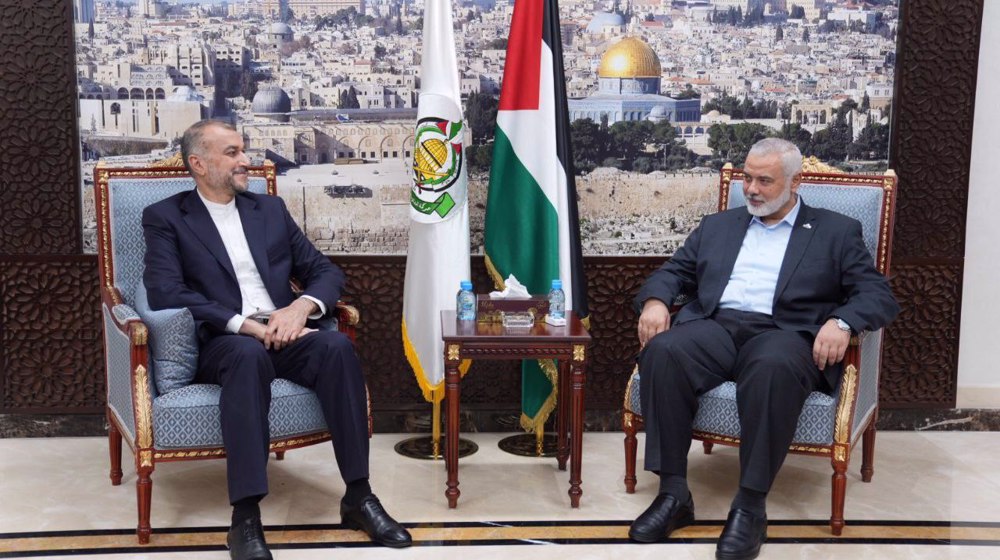
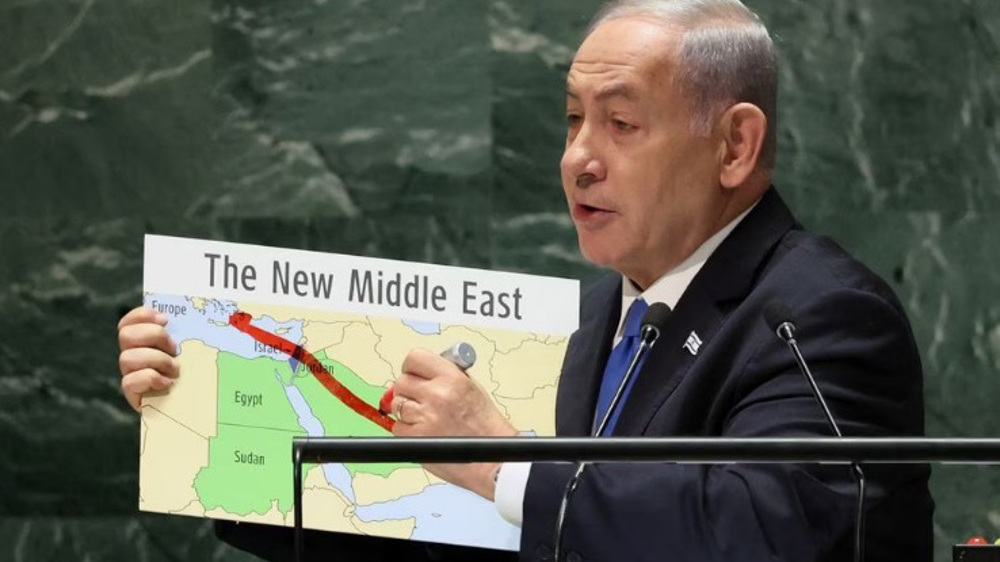

 This makes it easy to access the Press TV website
This makes it easy to access the Press TV website